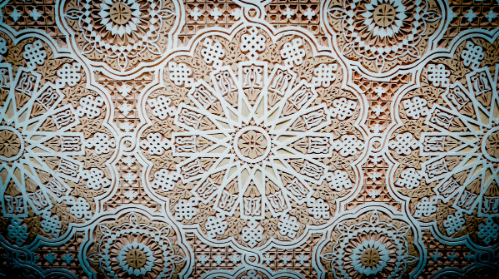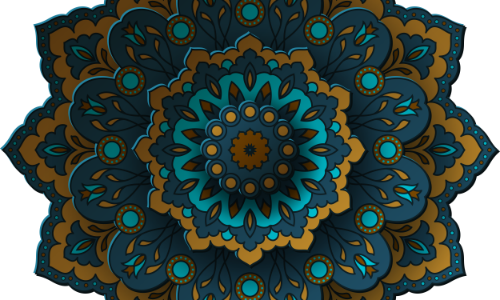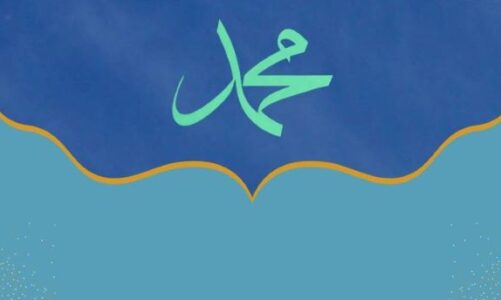It was the morning of a dark day emerging from the darkness. The sky was enveloped in pitch-black clouds, suffocating one’s soul, almost choking it, and not letting go. Clearly, today was different. Although I couldn’t see any difference from the window, I didn’t notice anything unusual down below. Even those mischievous kids who usually filled the air with their shouts were quietly playing with their tops at one end of the street today. It seemed like their new pastime had captivated them.
For a moment, I thought about how beautiful it was to be a child! To remain a child without being aware of the bitter realities of the world… I reluctantly tore my gaze away from the little ones and looked ahead down the street, but I couldn’t find anything remarkable. At that moment, our neighbor and his son came out of their house with their Mushafs (copies of the Qur’an) in hand. Seeing the Qur’an, I understood that it was almost the time of the Noon Prayer. To avoid being late and to find a place in the front rows at the mosque, I quickly prepared myself and rushed outside.
There was already a hustle and bustle towards the mosque in the square. The weather was still gloomy, and it hadn’t brightened up yet. Meanwhile, rain had started to accompany us. It was raining intermittently, sometimes picking up speed and then slowing down. This situation made me quite anxious and prompted me to walk along the road while looking up at the sky. When I arrived at the square, I was frozen in amazement. This enormous crowd and commotion were reminiscent of the Day of Judgment. It was rare to see so many people at this time of day. While thinking this, my gaze suddenly fixated on something. In the distance, at the center of the crowd, there was someone praying higher than the others. Obviously, he was the reason for this crowd. But he was still engaged in worship with devotion, ignoring the conversations and disturbances around him.
I eavesdropped on the conversations of the people nearby. They were briefly calling him Nasimi; this was the pseudonym he used in his poems. His real name was Sayyid Umar Imadaddin Nasimi. He was born in the town of Nasim in Baghdad, a Turkmen poet. He had been in Iran and Azerbaijan, acquired a rich Sufi culture, and even made his way to Anatolia. He saw the manifestations of God’s Names in everything he looked at. Even when he smiled, he seemed melancholic. He expressed his love for the Divine in his unique sentences. In those days when people’s souls were imprisoned, his eloquent words deeply moved everyone. So much so that hundreds of people came from all over the country to listen to his sermons. This news reached the palace. His words and ideas caught the attention of the scholars and made them uneasy. Nasimi didn’t have much affection for these people who had been deprived of a culture of conscience. Contrary to what they advocated, truth lay in the unseen rather than the visible. What really mattered was the dissolution of knowledge in the state of being, not in form and shape.
He spoke of love. He touched upon looking at everything with an equal eye, behaving beautifully, and remembering God (may He be glorified and exalted) in every particle of existence. He emphasized that formal Islam was not sufficient. So why did they need to belittle and label people just to encourage them? Why use words that could be misunderstood? They misunderstood his ideas and accused him. They didn’t like his ideas, and they punished him with the death penalty.
Nasimi had just finished his last prostration. He turned his face towards the waiting crowd.
“Do you know what your crime is? Don’t you fear God?” one of the scholars asked.
“My worship and prostration to my Creator stem from my love for Him, more than from fear. I recognize Him through His infinite mercy. It is the quality of worship that matters the most,” Nasimi replied.
These words made everyone ponder. Apparently, the panel that would pass judgment did not like these words. They gave him another chance to retract some of his statements that could be misunderstood. But Nasimi stood by his beliefs. In the end, a death sentence was issued.
One noon, in Aleppo, this would be the last moments of Nasimi. I found myself trembling at that moment. I couldn’t find the strength to stay here any longer. At that moment, I saw the children playing with their tops again. How beautiful it was to be a child! To remain a child without being aware of the bitter realities of the world…



